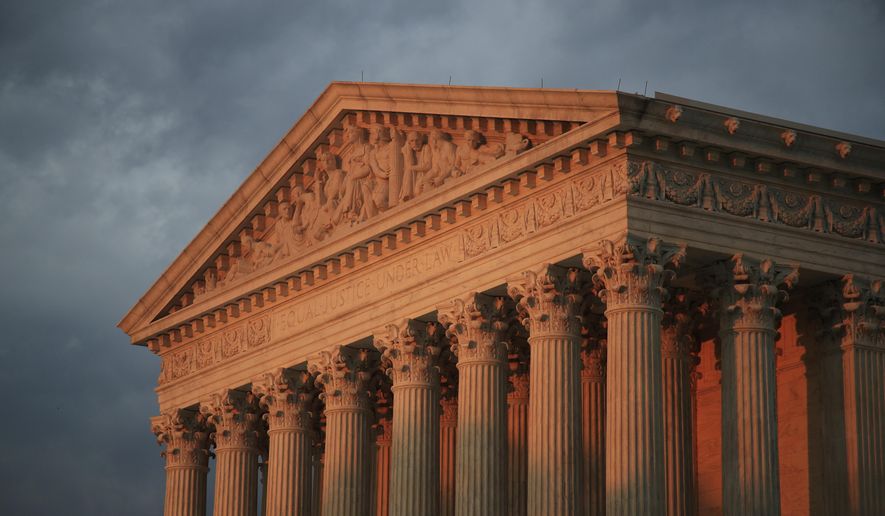The Supreme Court on Monday denied to take up appeals from two states, which sought to ban women’s clinic Planned Parenthood from participating in the Medicaid program.
Six justices, including new Justice Brett M. Kavanaugh, declined to hear the cases, brought by Louisiana and Kansas, over the objections of three Republican appointees who said it was time the high court step in and settle the issue, which has divided appeals courts.
“This question is important and recurring. Around 70 million Americans are on Medicaid, and the question presented directly affects their rights,” Justice Clarence Thomas wrote in the dissent, joined by Justice Neil M. Gorsuch and Justice Samuel A. Alito Jr.
At least four justices have to vote in favor of granting an appeal.
The cases arose after the Center for Medical Progress, a pro-life organization, released videos in 2015 allegedly showing Planned Parenthood officials discussing the sale of fetal body parts.
In response to the viral videos, then-Louisiana Gov. Bobby Jindal terminated Planned Parenthood’s Medicaid provider contracts, saying the organization’s business as an abortion provider doesn’t square with Louisiana’s pro-life beliefs.
Planned Parenthood Gulf Coast and three Jane Doe plaintiffs subsequently sued, arguing the state violated Medicaid’s requirement that patients be able to choose their providers.
Lower courts sided with the plaintiffs and against Louisiana.
In Kansas, officials terminated Planned Parenthood from its Medicaid program, citing violations of state regulations such as refusing to allow inspections of the clinic.
Justice Thomas, in his dissent, said avoiding the case doesn’t provide states with guidance, and as a result, they will treat Medicaid recipients differently depending on where they live.
The appeals court cases have turned on questions of whether the patients have a right to sue the states, with two circuits saying they do not while five have said they can.
“So what explains the court’s refusal to do its job here? I suspect it has something to do with the fact that some respondents in these cases are named ’Planned Parenthood,’” Justice Thomas wrote.
“That makes the court’s decision particularly troubling, as the question presented has nothing to do with abortion,” he added.
Catherine Glenn Foster, president of Americans United for Life, said she was disappointed in the court’s decision not to hear the case.
“The good news is that there are other similar cases pending in lower courts, which may give the Supreme Court another opportunity to decide this important issue,” she said.
• Alex Swoyer can be reached at aswoyer@washingtontimes.com.




Please read our comment policy before commenting.